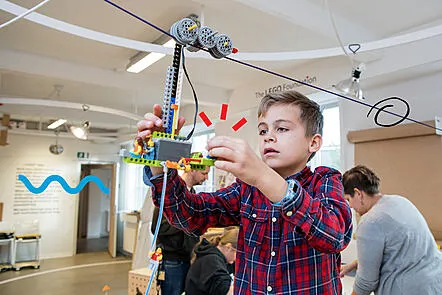
Coping with Changes: Social-Emotional Learning Through Play 
This online course provides guidance on how to use play to help children cope with the changes brought on by the COVID-19 pandemic. It outlines strategies for incorporating social-emotional learning into playtime to support children's emotional wellbeing. ▼
ADVERTISEMENT
Course Feature
![]() Cost:
Cost:
Free
![]() Provider:
Provider:
Futurelearn
![]() Certificate:
Certificate:
No Information
![]() Language:
Language:
English
Course Overview
❗The content presented here is sourced directly from Futurelearn platform. For comprehensive course details, including enrollment information, simply click on the 'Go to class' link on our website.
Updated in [March 06th, 2023]
This course, Coping with Changes: Social-Emotional Learning Through Play, provides an opportunity to explore the use of social emotional learning through play. Participants will learn how to determine how we learn by playing, and demonstrate strategies to support a child's learning through play. The course will also cover the difference between mental health psychosocial support and social emotional learning, and showcase mitigation strategies. Additionally, participants will identify the difficulties that children may face when transitioning from remote learning/homes to in-person/schools during a crisis, and create routines to maintain a sense of normalcy during rapid transitions and changes. Strategies to collaborate with other adults in order to create consistency throughout a child's social-ecological system will also be discussed. The course will explain why children need adults to be happy, and showcase stress management techniques such as mindfulness, individual and social strategies. Participants will investigate the various stages of brain development and the effects of crisis on their social, emotional, and cognitive development. Early childhood psychosocial support should be provided to children, and participants will create their own age-appropriate activities to assist children in crisis.
[Applications]
The application of this course can be seen in the implementation of social-emotional learning through play. It is suggested that adults use strategies to collaborate with other adults in order to create consistency throughout a child's social-ecological system. Additionally, adults should create routines to maintain a sense of normalcy during rapid transitions and changes. Furthermore, adults should provide early childhood psychosocial support to children and create age-appropriate activities to assist children in crisis. Lastly, adults should demonstrate stress management techniques such as mindfulness, individual and social strategies.
[Career Paths]
1. Early Childhood Educator: Early childhood educators are responsible for providing a safe and nurturing environment for young children. They are responsible for developing and implementing age-appropriate activities that promote social-emotional learning through play. They must be able to recognize and respond to the needs of children in crisis and be able to provide psychosocial support. With the increasing demand for early childhood educators, this career path is expected to grow in the coming years.
2. Mental Health Counselor: Mental health counselors are responsible for providing mental health services to individuals, families, and groups. They must be able to recognize and respond to the needs of children in crisis and be able to provide psychosocial support. They must also be able to provide stress management techniques such as mindfulness, individual and social strategies. With the increasing demand for mental health counselors, this career path is expected to grow in the coming years.
3. Social Worker: Social workers are responsible for providing social services to individuals, families, and groups. They must be able to recognize and respond to the needs of children in crisis and be able to provide psychosocial support. They must also be able to provide stress management techniques such as mindfulness, individual and social strategies. With the increasing demand for social workers, this career path is expected to grow in the coming years.
4. Child Care Provider: Child care providers are responsible for providing a safe and nurturing environment for young children. They are responsible for developing and implementing age-appropriate activities that promote social-emotional learning through play. They must be able to recognize and respond to the needs of children in crisis and be able to provide psychosocial support. With the increasing demand for child care providers, this career path is expected to grow in the coming years.
[Education Paths]
1. Bachelor of Education: This degree path is designed to prepare students to become teachers in the K-12 system. It covers topics such as curriculum development, classroom management, and educational psychology. It also provides students with the skills and knowledge to effectively teach and support students in their learning. The development trend for this degree path is to focus on the use of technology in the classroom, as well as the use of social-emotional learning strategies.
2. Master of Social Work: This degree path is designed to prepare students to become social workers in a variety of settings. It covers topics such as social welfare policy, human behavior, and social work practice. It also provides students with the skills and knowledge to effectively work with individuals, families, and communities to promote social justice and well-being. The development trend for this degree path is to focus on the use of evidence-based practices, as well as the use of social-emotional learning strategies.
3. Doctor of Psychology: This degree path is designed to prepare students to become psychologists in a variety of settings. It covers topics such as research methods, psychological assessment, and psychotherapy. It also provides students with the skills and knowledge to effectively work with individuals, families, and communities to promote mental health and well-being. The development trend for this degree path is to focus on the use of evidence-based practices, as well as the use of social-emotional learning strategies.
4. Master of Arts in Counseling: This degree path is designed to prepare students to become counselors in a variety of settings. It covers topics such as counseling theory, group dynamics, and ethical practice. It also provides students with the skills and knowledge to effectively work with individuals, families, and communities to promote mental health and well-being. The development trend for this degree path is to focus on the use of evidence-based practices, as well as the use of social-emotional learning strategies.
Course Syllabus
Foundations of Learning through Play
Importance of MHPSS / SEL in Crisis
Adult Wellbeing
Age sensitive SEL knowledge and activities
Coping with Changes and Transitions
Course Provider

Provider Futurelearn's Stats at AZClass
Provides opportunities for learners to explore the importance of social emotional learning and how it can be used to help children cope with change. Learners will learn about the different stages of brain development and the impact of crisis on their social, emotional and cognitive development. They will also learn how to create routines to maintain a sense of normalcy during rapid transition and change, as well as strategies for working with other adults to create consistency throughout the child's social ecosystem. Additionally, learners will be able to identify the difficulties children may face as they transition from remote learning/home to in-person/school during a crisis and develop their own age-appropriate activities to help children in crisis.
Discussion and Reviews
0.0 (Based on 0 reviews)
Explore Similar Online Courses
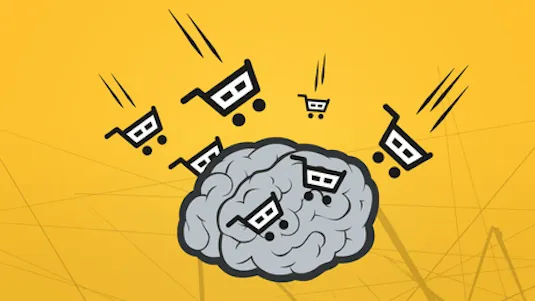
An Introduction to Consumer Neuroscience & Neuromarketing
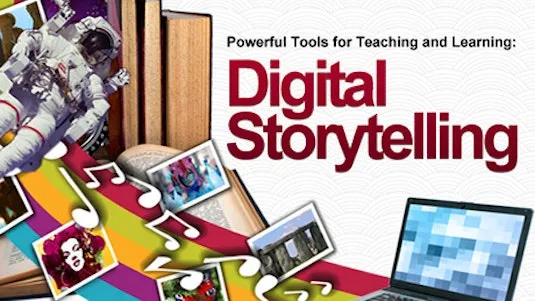
Powerful Tools for Teaching and Learning: Digital Storytelling

Python for Informatics: Exploring Information

Social Network Analysis

Introduction to Systematic Review and Meta-Analysis

The Analytics Edge

DCO042 - Python For Informatics

Causal Diagrams: Draw Your Assumptions Before Your Conclusions

Whole genome sequencing of bacterial genomes - tools and applications

A Life of Happiness and Fulfillment
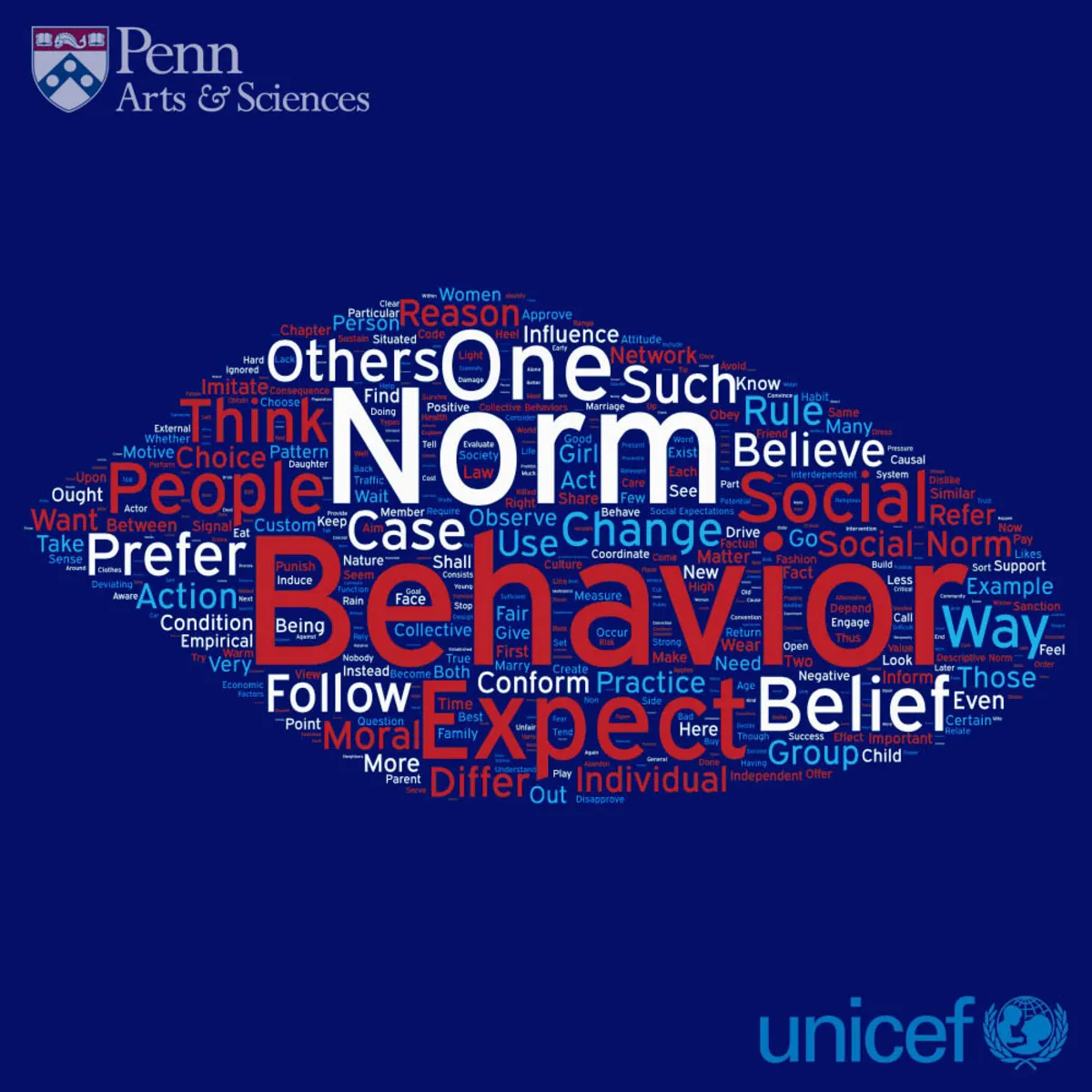
Social Norms Social Change II
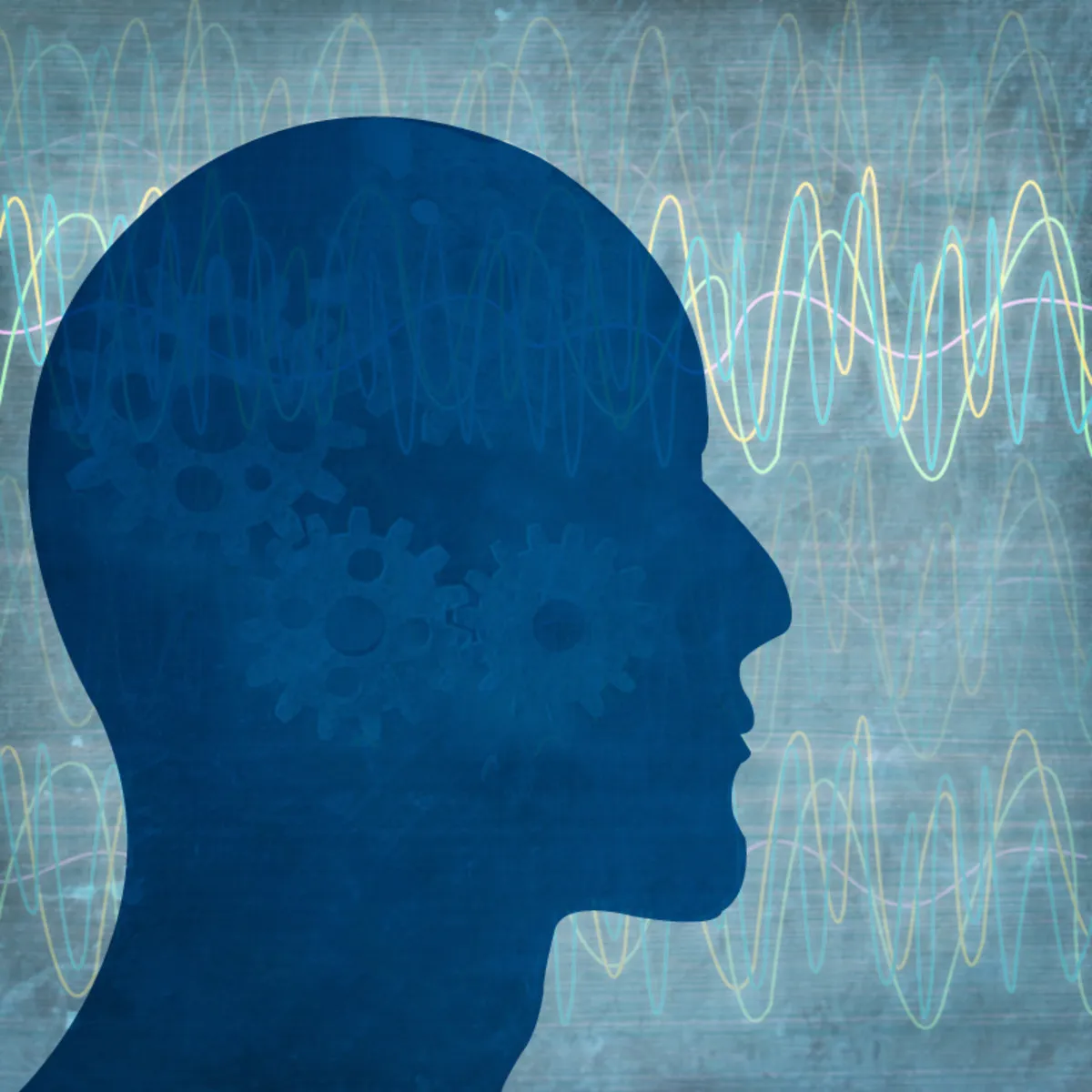

Start your review of Coping with Changes: Social-Emotional Learning Through Play